Audit Information
Welcome From Our Lead Auditor, Jim Gamble
Hello, I’m Jim Gamble. I’m chief executive of the INEQE Safeguarding Group. We’ve been appointed by the Church of England to carry out the Independent Safeguarding Audits over the next four years. We’re going to be in 42 Dioceses, 42 Cathedrals and 2 Palaces. We hope to work with the safeguarding teams in those Dioceses, Cathedrals and Palaces to help you on your safeguarding improvement journey.
We want to identify your strengths and working with you, we want to identify those areas where practice could perhaps be reinforced or accelerated. We’re going to look at a number of areas. First of all, we’re going to consider your progress. So how far have you come from the SCIE audits, from PCR2? Were you able to follow through on each of the recommendations? And in doing so, have you made an impact? Have you helped make people safer? Have you helped create an environment where people feel safer when they occupy the church community. And ultimately ,we’re going to look at issues around culture, leadership and capacity. We’re going to look at how you’re operating your prevention strategies, how you identify, mitigate and manage risk. And we’re going to look at how you listen, and respond to the voice of victims and survivors.
Finally, when we’ve looked at all that, we’re going to step back and consider your learning and improvement framework. Are you working in a way that allows you to learn lessons from the past, lessons from the present, and apply them as you move forward into the future.
From our point of view, we want this experience to be a good one for everyone. We want to help you on your improvement journey and we’ll do what we can, where we can, when we can to support you in any way that we can.
What I would say to you is this: we provide a lot of material to you in advance of your own audit. Make sure that you use that material, that you read it thoroughly, that you think about the questions that we’re asking. If you’ve got any concerns, don’t hesitate to contact our single point of contact and our team to clarify that.
Use all of the top tip videos that we’ve created and the website that’s there for you. If you’ve got any concerns, that’s your first port of call, because it’s likely that the frequently asked questions will already have answers within either the website space, or others.
So on that note, I look forward to seeing some of you in the next four years and wish every one of you every success in doing the critically important work that you do to make sure that people can come together, worship together, and thrive in an environment that is safer.
The 360• Safeguarding Audit Tool Explained
All available information and documentation will be analysed in advance of site visits which will be collected using INEQE’s 360° Safeguarding Audit Tool.
This is a series of questions set against a framework that captures an organisation’s baseline policies, practices, and other information relevant to the Audit. For example, beyond policies, this would include records related to safeguarding training, safer recruitment practices, or previous audits, reviews or other reports commissioned by or into the audited body.
Tips on Completing the 360° Safeguarding Audit Tool
It is important not to underestimate the work involved in gathering and submitting evidence to the 360• Safeguarding Audit Tool. Completion of the Audit Tool works best when a Single Point of Contact (SPOC) has a degree of administrative assistance or a mechanism to task a range of appropriate individuals to supply the necessary documentation with deadlines assigned.
The SPOC will be provided with login details to access the 360• Safeguarding Audit Tool. The same login details will be used by any individuals who are providing assistance to the SPOC. But remember, only one person can be logged in at a time.
Please do not wait to complete the entire 360° Safeguarding Audit Tool. It is designed so that you can login, save your progress and return to it at a later date.
Evidence Management
You are able to submit evidence against each question in the 360 Safeguarding Audit Tool. Documents form a key part of the evidence gathered prior to an audit visit and they can be anything ranging from a PDF, PowerPoint file or a spreadsheet. An audited body should approach the process with integrity and be transparent. This includes providing evidence – or access to – that will enable the Auditors to report fairly and reliably.
When attaching or sending documents please clearly identify the question the evidence relates to and use the question number as a reference followed by the appropriate heading e.g., “1.5_INSERT_NAME_OF_FILE”
If one piece of evidence applies for more than one answer, only upload the document once. Please name the file with all question numbers it applies to.
In the comment section for each question the document applies to, you should outline the name of the document being referenced and what question is has been uploaded to. If applicable, also state the specific section and page number from the document which is relevant to each question..
The Auditors will use only the documents you provide so, please check that these are current and the most up to date.
Do not worry if you are not able to answer all the questions or provide evidence in respect of each area identified. In such circumstances, please use the comments section to provide an explanation as to why this is the case.
Remember! From the Audit’s point of view, if it is not written down then it doesn’t exist.
If the information you are sharing is of a confidential or sensitive nature, please share it via Egress and complete the information details via the ‘File names of Confidential Evidence’ option.
To facilitate the timely analysis of information, each 360° Safeguarding Audit Tool will have a closing date of two months prior to an audit visit. Key dates for your audit process are set out in your Audit Briefing Pack.
The 360° Safeguarding Audit Tool is the copyright property of INEQE Group Ltd, trading as INEQE Safeguarding Group. It is supplied as part of the independent safeguarding audits of the Church of England and must not be used outside that function. Nor can it be copied or amended without the express written permission of INEQE Group Ltd.
If you have any queries, please contact INEQE’s Single Point of Contact (SPOC).
Tips on Sharing Your Surveys & Amplifying Impact
Listening to communities is an important part of the Independent Safeguarding Audit process. In your briefing pack, you will have links to surveys which should be shared with the different groups that make up your church community.
The use of such surveys helps ensure that everyone has the opportunity to participate and inform the Audits outcome. The Audit wants to hear from victims and survivors of church-related abuse, children and young people who attend, visit, or frequent the church, or educational and youth establishments affiliated to it. They also want to hear from workforce within the Diocesan Board of Finance, Cathedrals, and Parishes along with those who engage with and or worship there.
Respondents to the surveys are more than just a metric. Their contribution is valued and important and will inform recommendations made in the Audit’s report.
The surveys are both anonymous and confidential (respondents will not be identified). People are encouraged to be open and honest. No one from the Church of England or other body will be provided with or have access to survey responses.
So How do you Increase uptake?
Critically, it is for you as the audited body to promote and encourage people to participate in the surveys. This can be done via encouraging your networks to promote and share the surveys. When you do this, ask people to confirm receipt of the information and to provide you with evidence of how they have or intend to promote it.
It is helpful when Bishops, Deans, clergy, youth groups and others with influence are encouraged to use their existing networks to promote participation.
Don’t forget to use your social media and appropriate websites, to signpost to the dedicated webpage.
The Audit will wish to see evidence of the efforts made to communicate this opportunity across your community and the reach and awareness of the survey will be tested during the site visits and focus groups.
The surveys need to be completed within a limited timeframe and exact closing dates are included in your Audit Briefing Pack. Each survey will only take between 10 to 15 minutes to complete.
So how do you raise awareness and promote the Audit and Surveys?
It is for you, the audited body to get to the most far reach nook and cranny to make sure that clergy, staff and volunteers, people who visit your premises, people who worship in your premises or people who have been victims of church-related abuse have been made aware that the Audit is taking place.
Here are a list of things you should do to promote the Audit:
- Notify your communications team well in advance that you will be wanting to share information about the Audit.
- Spread the word about your Audit, let staff members, clergy, members of the worshipping community know when your audit is taking place. Let them know that the Audit team will have surveys they can complete.
- Educate all members of the church community about the importance of safeguarding and why a safeguarding Audit is necessary.
- Emphasise in all communication that safeguarding is an on-going process and that the Audit is just one step in ensuring the safety and well-being of all members of the church community.
- Advertise your areas landing page for the Audit.
- Let youth leaders, children and young people know that they can share their thoughts with the Audit team.
- Perhaps you could consider request the Bishop to send an ad clerum.
- Share with any schools, colleges or TEI’s connected with the Diocese Board of Finance (DBF) or Cathedral
- You could also promote the survey with choristers and parents of choristers.
- To help those in your community who do not have access to the internet or who do not use technology we would recommend that they can use parish resources available to them, such as the computer or have a member of parish staff help them complete the survey.
Finally, If you have any queries at all then please do feel free to contact INEQE’s Single Point of Contact.
Meet the Independent Audit Team
Click their names for more information
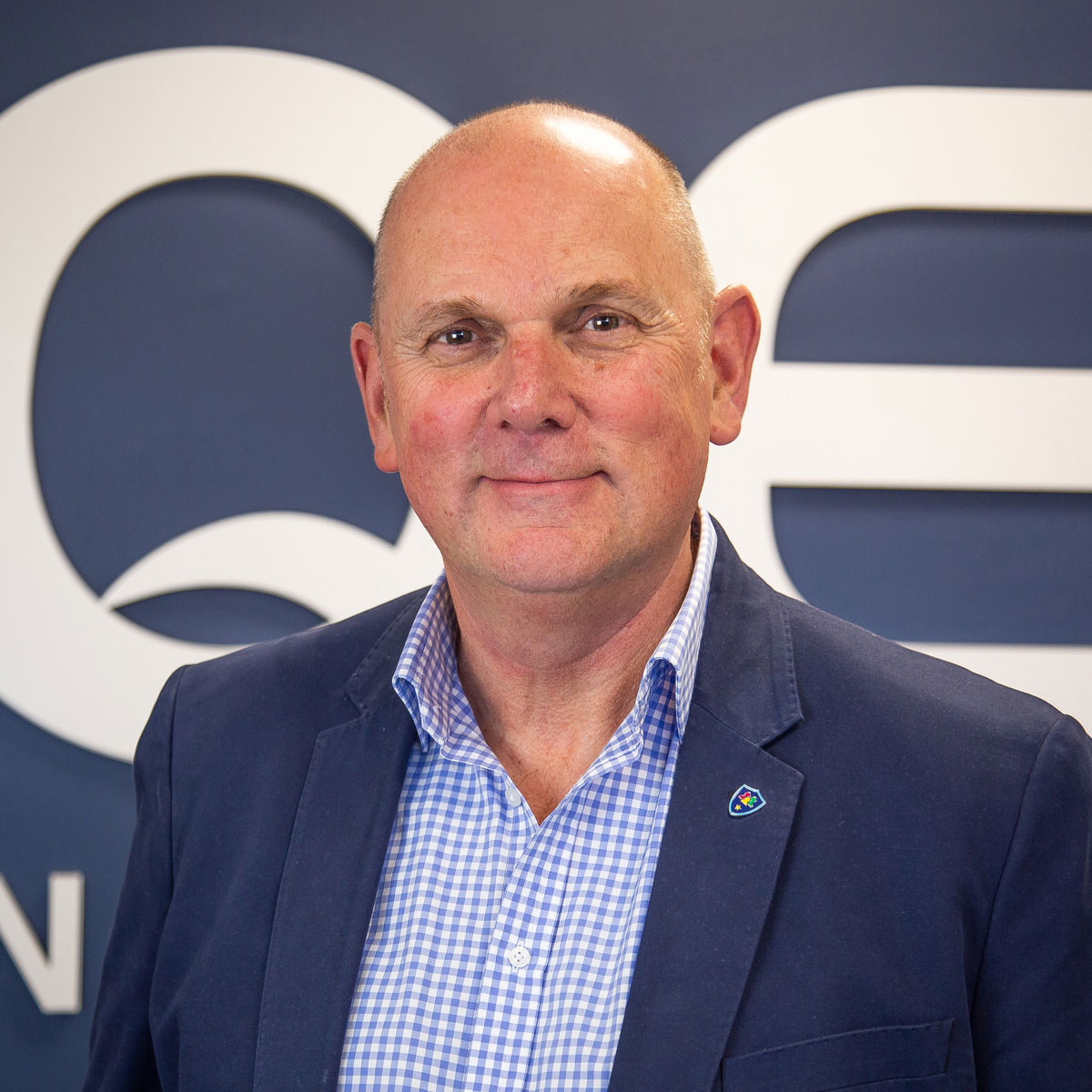
Jim is a former Chief Police Officer and was the founding Chief Executive of the Child Exploitation and Online Protection (CEOP) Centre. He is currently CEO of INEQE Safeguarding Group, Independent Child Safeguarding Commissioner of the City and Hackney Safeguarding Children Partnership, and the Independent Chair of Bromley Safeguarding Children Partnership.
Jim is a former UK Association of Chief Police Officers (ACPO) lead for child abuse investigations, internet safety and countering child trafficking. He was a co-author on the UK’s first Domestic Homicide Review and, in 2010, was appointed by the Home Secretary to lead the initial scoping review of the investigation into the disappearance of Madeleine McCann.
More recently, he led a wide-ranging safeguarding review of an NHS Trust, Oxfam GB and an international faith-based organisation at the request of the Charity Commission.
He has also commissioned and overseen a number of contemporary Serious Case and Practice Learning Reviews, including the recent Child Q.
Jim has been called to give evidence to the UK Independent Inquiry into Child Sexual Abuse (IICSA) and has appeared before numerous Parliamentary Committees.
Having graduated from the UK College of Policing Senior Command Course, he completed a Post-Graduate Diploma in Criminology and Criminal Justice Management at Cambridge University.
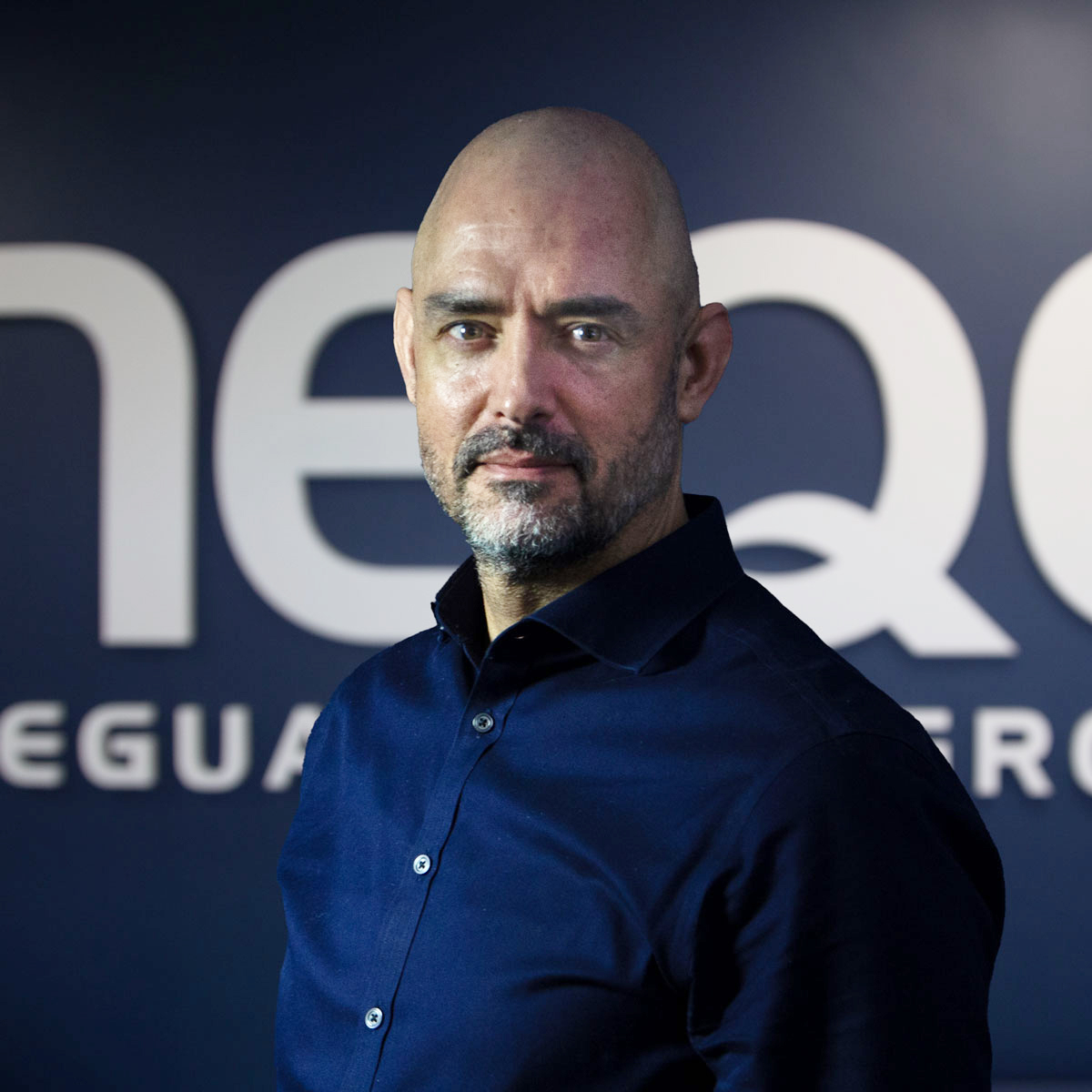
Rory co-designed and delivered the first Multi-Agency Safeguarding Hub in the UK and also works as the Senior Professional Advisor (SPA) for the safeguarding partnership in the City of London and Hackney. He was previously the SPA of the City & Hackney Safeguarding Board, the first LSCB in the country to be awarded an outstanding grade by Ofsted in 2016.
Rory has significant experience in coordinating effective safeguarding arrangements that deliver impact and make children safer. He has designed learning & improvement systems, delivered safeguarding training at all levels and has written a number of contemporary practice learning reviews, including co-authoring the Local Child Safeguarding Practice Review and update report into Child Q. He is one of the lead auditors on INEQE’s team.
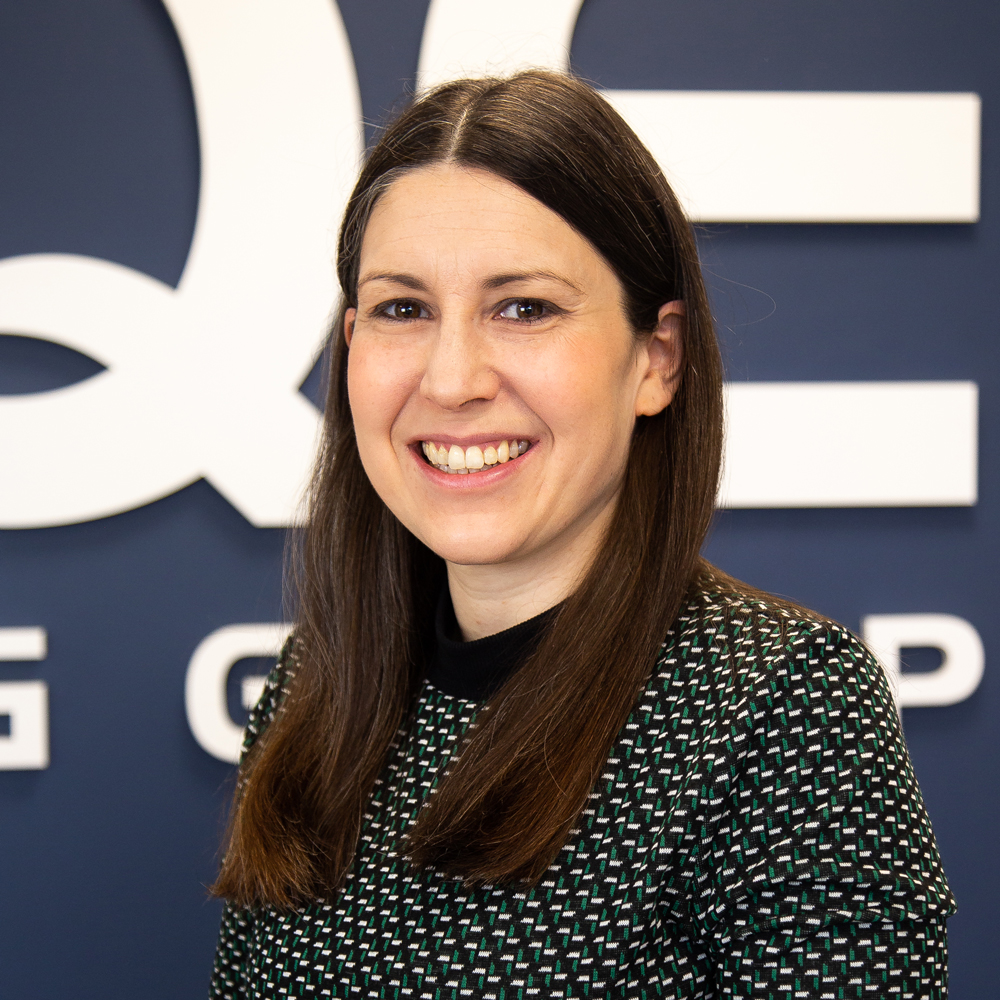
She has significant practical experience working within the third sector with children and vulnerable young people in the UK, India, Kosovo and Africa. Added to this, she plays a leading role in INEQE’s programme of safeguarding reviews and has been involved in all of INEQE’s recent and ongoing reviews.
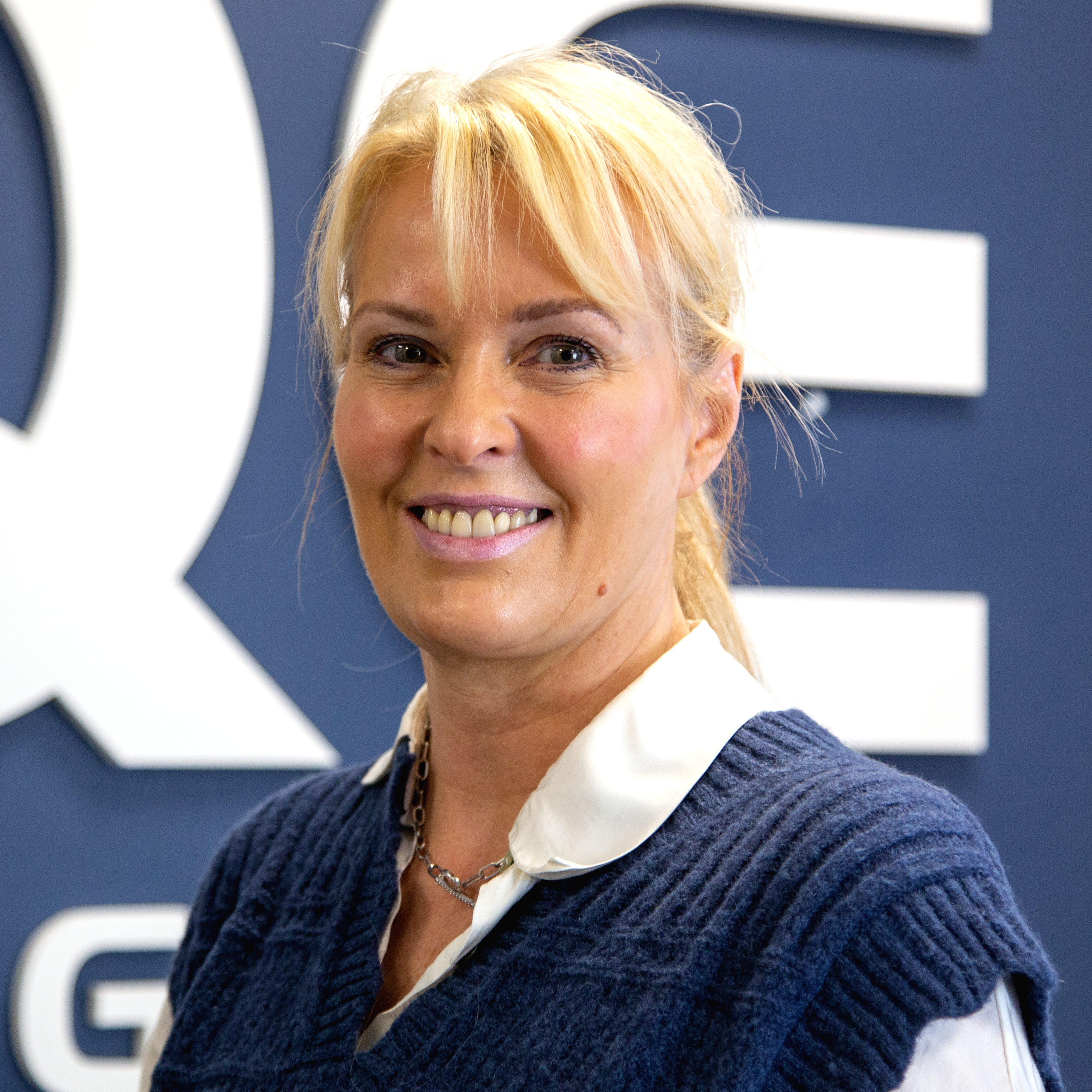
She spent many years as a senior investigating officer in Public Protection roles including child abuse, rape crime and domestic abuse. She is an advocate for victims of domestic abuse and sexual crime and worked closely with the Crown Prosecution Service in England to improve the police response.
Prior to joining INEQE, Lynne was the Violence against Women and Girls Engagement (VAWG) Lead with the National Police Chief’s Council and the College of Policing. She holds a BA (Hons) in Public Policy and Management and a Master of Studies in Applied Criminology and Police Management from the University of Cambridge.
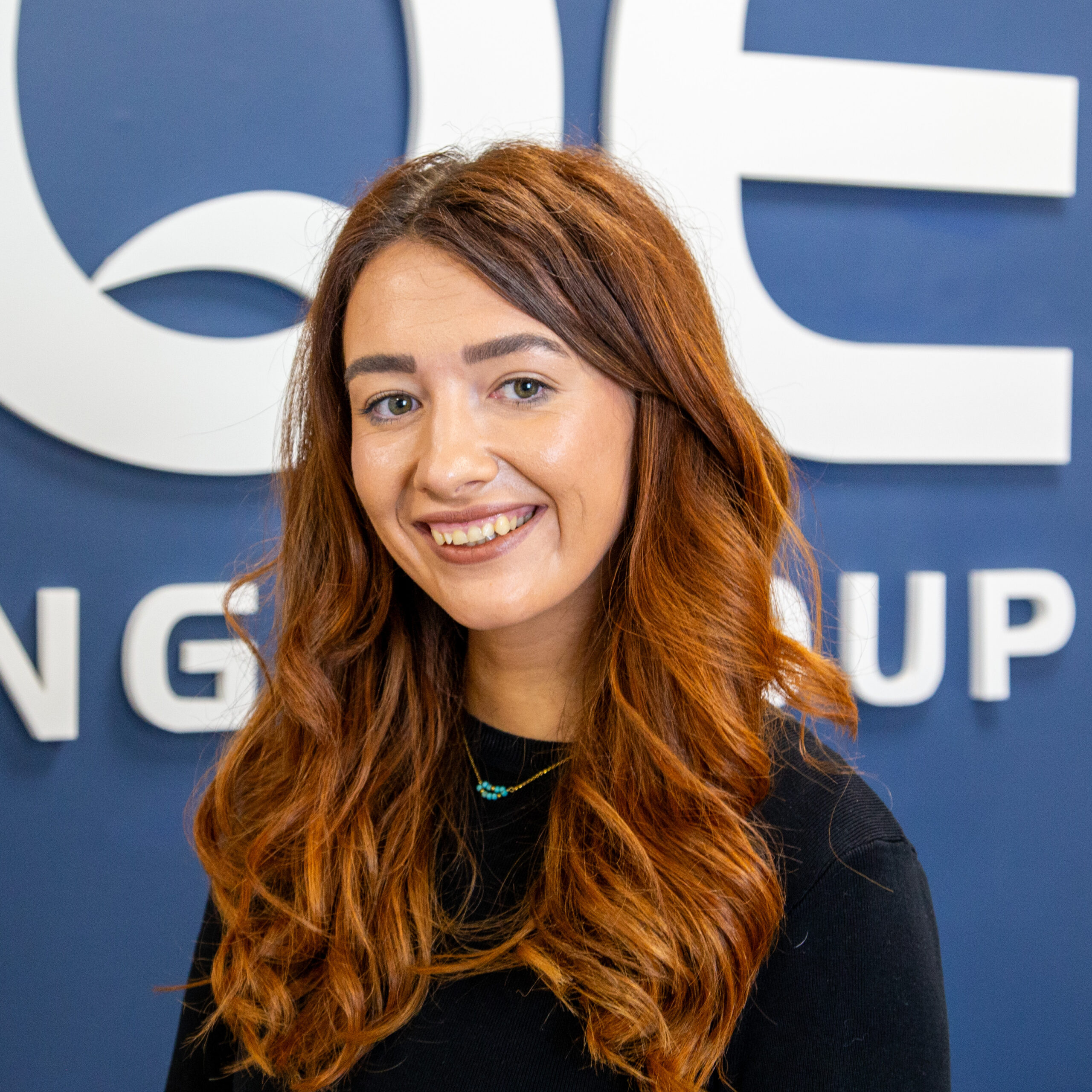
Post-graduation, Lauren worked for 2 years with children ranging from 9 months to 8 years of age of various developmental abilities before starting her position as Research Officer at INEQE Safeguarding Group.

Danielle is a Safeguarding Auditor and Trainer at INEQE Safeguarding Group. Graduating from the University of Greenwich with a degree in Primary Education, she cultivated a personal interest in safeguarding and child protection in relation to domestic abuse and childhood trauma. Going on to develop practical insight into these areas through her work as a teacher, Danielle has taught in primary and secondary schools across Northern Ireland and Northern and Southern England, working with children from a variety of socio-economic backgrounds, abilities, and age groups. She previously led a team in the creation and development of safeguarding materials and continues to deliver training courses for schools, parents and organisations working with children.

Neil McInnes is a former Detective Sergeant with 31 years of policing experience across England and Northern Ireland. He served in supervisory roles within major crime investigations, child abuse enquiries, Public Protection Branch, and covert policing, leading complex and high-risk investigations throughout his career.
Neil was the Lead Investigating Officer in the international investigation into Alexander McCartney. The case resulted in a successful prosecution, contributed to two changes in case law, and led to the identification and safeguarding of more than 3,500 victims across 29 countries. The investigation is now used as a case study for law students at Queen’s University Belfast.
He now works as a specialist auditor contributing to independent safeguarding audits within the Church of England, focusing on Risk Assessment and Management.

- To contact INEQE’s Single Point of Contact (SPOC) please email: [email protected]
Alternatively, please contact INEQE Safeguarding Group via telephone: +44 (0) 28 90 232 060
How We Communicate With Your Community
The Audit team will interact with different groups of staff and volunteers during each Audit through the following means:
1-1 Discussions
Listening to staff and volunteers within the Diocese and Cathedral workforce is a fundamental element of the Audit. Our discussions, whilst informal, will follow a structured framework. They will be focused on individual roles, day-to-day responsibilities and their understanding of safeguarding. It may also touch upon their involvement in recent and contemporary safeguarding issues. Everyone who attends will receive a briefing note prior to their discussion taking place which outlines information to be discussed. This should hopefully alleviate any fears or concerns individuals may have.
Focus Groups
The focus groups are designed to be large enough to provide a credible and representative sample of staff and volunteers at differing levels across all audited bodies, but small enough to facilitate in-depth discussions and ensure that everyone’s voice is heard. Listening to and learning from different communities and groups is an important part of the Audit, in order to obtain both depth and breadth of experiences from a range of perspectives. We would encourage audited bodies to promote attendance at focus groups to achieve as wide a reach as possible.
Surveys
Utilising surveys to glean insights from diverse communities and groups constitutes a vital aspect of the Audit process. It offers an avenue for individuals not directly engaged in discussions or focus groups to express their perspectives on safeguarding. To ensure comprehensive representation from all audited entities, we strongly advocate for the widespread promotion of these surveys.
Immediate Risks
If you or someone you know is in immediate danger, it is important that you quickly get the right help – call the police on 999.







